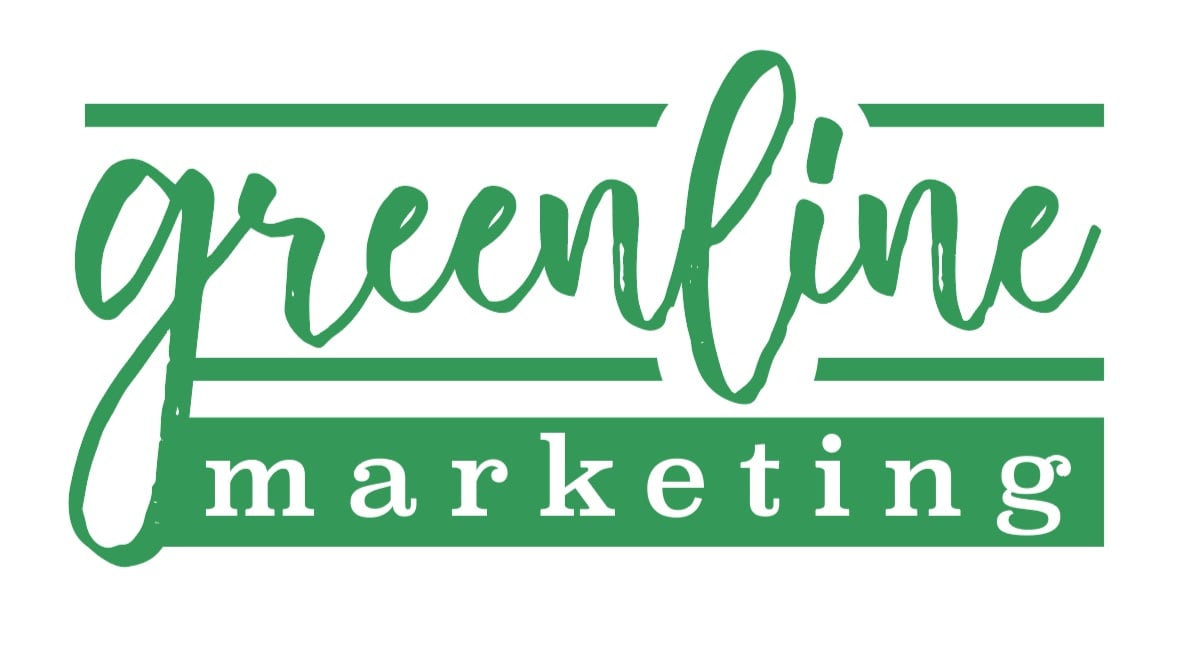In a world where cookies are crumbling and privacy concerns dominate headlines, marketers are navigating a new era of data-driven strategies. First-party data is emerging as the unsung hero of this shift. Unlike third-party data, it’s more accurate, transparent, and ethically sourced—a golden ticket for marketers striving to build trust and deliver personalized experiences.
What is First-Party Data?
First-party data refers to information your company collects directly from its audience—like customers, website visitors, or social media followers—without intermediaries. This data encompasses demographic information, behaviors or actions taken on your website or app, customer feedback, purchase histories, and interactions from surveys or subscription-based emails. Gathering this data gives you accurate and reliable insights into your audience's preferences and behaviors. This direct collection ensures compliance with privacy regulations and fosters trust, as customers are aware of the data they share with you.
4 Benefits of Leveraging First-Party Data
1. Accuracy & Relevance
First-party data is directly collected from your audience through their interactions with your brand. It is highly accurate and tailored to their specific marketing needs, ensuring your campaigns are based on reliable insights.
2. Enhanced Personalization
With detailed knowledge of customer preferences and behaviors, first-party data allows you to create personalized marketing messages that resonate deeply with your audience, increasing engagement and conversion rates. If you’re a B2B marketer, it’s crucial to use first-party data to create relevant and personalized content and target potential clients across various digital channels.
3. Future-Proofing Your Data
As third-party cookies become less viable due to stricter privacy regulations, first-party data offers a sustainable and ethical alternative, ensuring your marketing strategies remain effective in a privacy-conscious digital landscape. In addition to better personalization, first-party data will anticipate future needs through predictive analytics.
4. Customer Trust & Transparency
Collecting data directly from your audience fosters trust, as it aligns with privacy best practices. When customers feel secure in sharing their data, they are more likely to build a positive relationship with your brand. About two-thirds of US consumers stated that a company’s transparency about how they plan to use personal data increases their trust.
By leveraging these key benefits, your brand can unlock the full potential of your marketing strategies while maintaining trust and data compliance.
How to Effectively Collect Your Data
Effectively collecting first-party data is essential for crafting personalized and impactful marketing strategies. One of the most straightforward methods is implementing lead generation forms on your website, such as contact or free quote forms, to gather essential information like email addresses and demographics. To maximize completion rates, it's crucial to balance the amount of information requested, ensure that forms are concise, and make certain fields optional to prevent potential leads from being deterred.
Additionally, leveraging data tracking tools can provide valuable insights into user behavior on your site, such as page visit duration and navigation patterns, enabling a deeper understanding of your audience's interests and needs. Various data tracking tools are available, so take the time to experiment with which platform works best for your brand and the data you collect.
By combining these approaches, businesses can build a robust collection of first-party data, which can lead to more personalized marketing efforts and stronger, data-driven customer relationships.
Tools & Tech for Managing Your Data
Effectively managing first-party data is crucial for modern marketing strategies, and leveraging the right tools can significantly enhance this process. Platforms like Google Analytics enable businesses to collect and analyze data on user interactions with their websites, providing valuable insights into consumer behavior. This information can be seamlessly integrated into Customer Relationship Management (CRM) systems, ensuring that data is organized and accessible for targeted marketing efforts. Additionally, tools such as HubSpot Forms and Formstack facilitate the creation of customizable forms to capture essential customer information directly from your audience. These tools streamline data collection and enhance the accuracy and relevance of the information gathered, empowering marketers to craft personalized and effective campaigns. By utilizing these technologies, your business can build a robust first-party data strategy.
Audiences are becoming increasingly aware and sensitive about how their data is collected and used. By practicing best collection and maintenance practices, your brand will stand out and become a trusted expert in your industry.
Making First-Party a Priority
In a world where consumer trust is the ultimate currency, first-party data isn’t just a tool—it’s the foundation of successful marketing. By leveraging data that your audience willingly shares, you can create authentic, tailored experiences that not only drive engagement but also build lasting relationships. As privacy regulations tighten and third-party data slowly fades, businesses prioritizing first-party data will lead the way with transparency, innovation, and value-driven strategies in 2025. The future of marketing lies in your ability to listen closely to your audience—after all, the most powerful insights are the ones they personally share with you.




